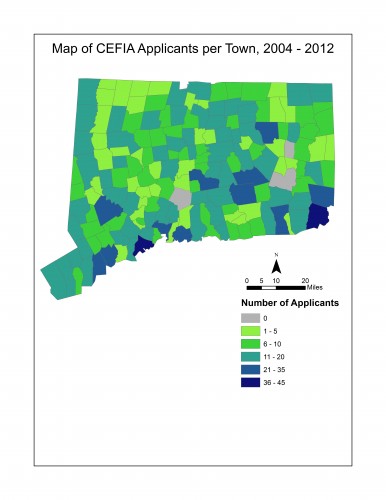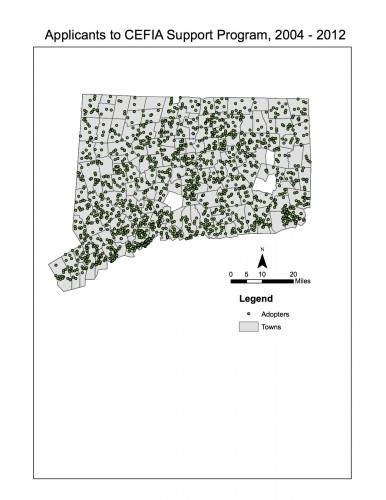
Solar energy is an increasingly popular field of research, but the advanced technologies produced in this field are meaningless if communities are unwilling to fund and implement them. In a new study funded by the Department of Energy, Yale Assistant Professor of Economics Kenneth Gillingham will partner with associates from New York University, Smartpower, and the Connecticut Clean Energy Finance and Investment Authority (CEFIA) to investigate leveraging strategies that encourage the diffusion of solar energy in various Connecticut communities.

A program run by the CEFIA called Solarize Connecticut has recently sought to incentivize communities to implement solar technology by using group pricing to lower costs, hiring solar ambassadors to ensure consumer satisfaction, and offering consumers certain rewards for using various technologies. The team will compare energy costs between communities that applied and were accepted into these programs to those that applied and were rejected. This data will be used to evaluate the cost-effectiveness and scalability of these existing tactics to develop recommendations that best accelerate the diffusion of solar technology.
A secondary objective of this study is to trace the key social networks that communities use to make critical decisions, like whether or not to implement solar technology. The researchers will survey these communities to identify the importance of underlying “peer effects” — a term that describes how social interactions affect a group’s willingness to adopt certain behaviors. They will then create a predictive model of the social networks relevant to solar energy, which will further aid in accelerating the diffusion of solar technology.

Once complete, the study will guide policymakers and business leaders in using various strategies for large-scale implementation of solar technologies. As these strategies are developed and employed, they will move the world closer to the clean and reliable energy that solar technology promises.
